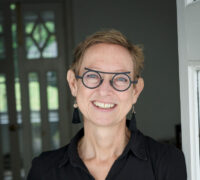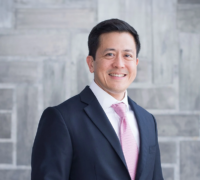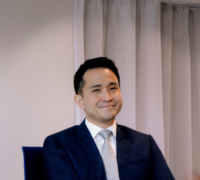No automatic job in the company
Unlike many family firms which want to encourage the younger generation to learn the ropes of the family business, one of the main rules in the Royal Selangor family charter is that family members must first work outside of the family firm before being brought in with the experience and expertise they have gained.
In the case of the two cousins, Yong worked as a design engineer for Formula One before later becoming manager of sports car maker TVR in Kuala Lumpur, while Chen worked as a consultant. The two were invited to join Royal Selangor in 2005 and 2004, respectively.
The process of defining the charter was long-winded but “worthwhile,” says Chen, covering everything from when you must retire to the use of company assets. It also stipulates that the family must go on a retreat every 18 months to strengthen their social bonds and keep the family close.
“When we get together, we give everyone updates on what we’ve been doing, how things are going in school, and new hobbies. It’s a very social interaction. At the same time, we can give updates on how the company is progressing and what new things we’ve been doing. Everyone feels that they know what’s going on, and they have some say and they’re able to contribute some ideas,” added Chen.
Although the fifth generation has not yet begun working at Royal Selangor, they are encouraged to learn about the history and legacy of the company by acting as tour guides at the Royal Selangor Visitor Center on weekends or during the school holidays.
Balancing tradition and innovation
In many ways, the history of Royal Selangor mirrors the rise of Kuala Lumpur itself, from a small mining village to a megacity. Founded in 1885 from a single shophouse, the company moved in the 1960s to a spacious modern manufacturing facility in Setapak, just outside the city, and now exports to more than 20 countries around the world with retail stores in Malaysia, Singapore, Hong Kong, the United Kingdom, and Australia.
While Royal Selangor still relies on some traditional craftsmanship techniques, it has constantly innovated to ensure it is creating products that fit with the lifestyles of its customers.






 Audio available
Audio available